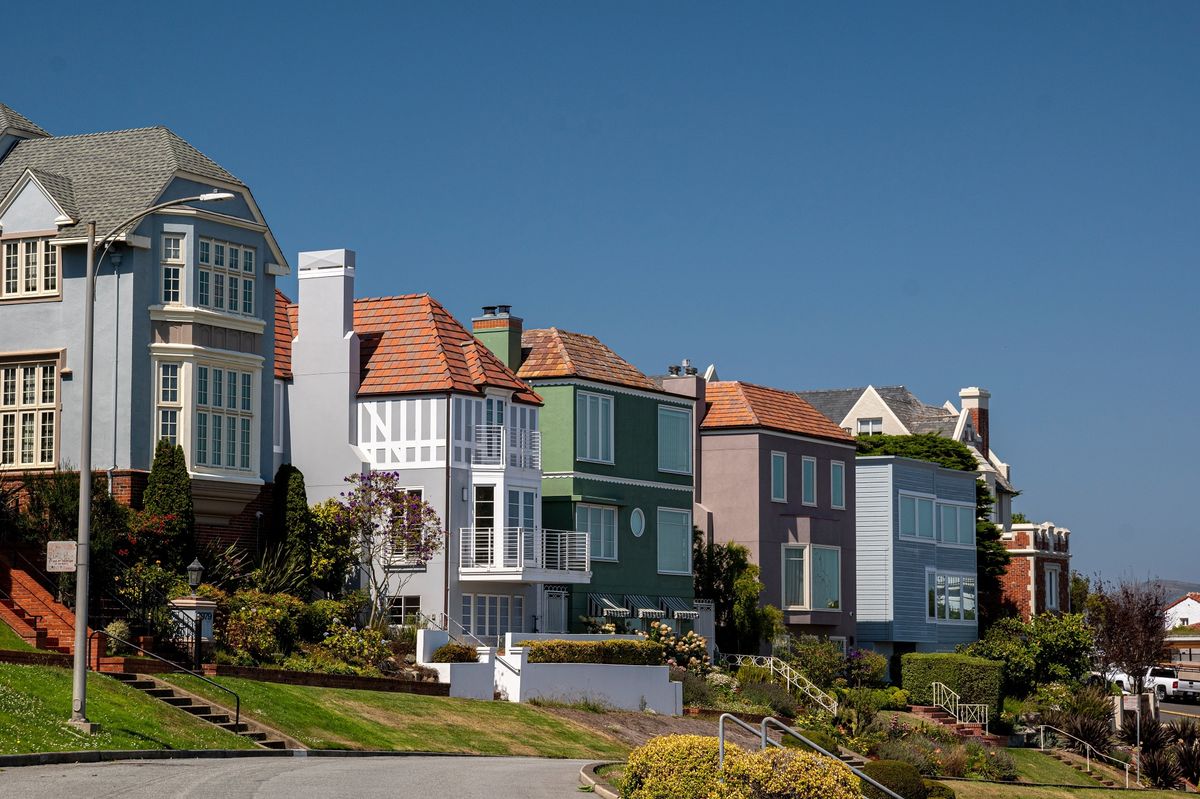
Residential mortgage or "mortgage" means an obligation to pay a sum of money evidenced by a note and secured by a lien upon real property located within this state containing two or fewer residential units or on which two or fewer residential units are to be constructed and includes such an obligation on a residential condominium or cooperative unit.
A residential mortgage is used to purchase a property that you plan to live in. The loan is taken out against the property and can come in various forms, such as fixed or variable rate deals, and repayment or interest-only options. Read on to learn more about how they work.
Any mortgage taken out against a property in which you plan to live is a residential mortgage.
Like other forms, home mortgages allow homebuyers to purchase a home using a loan provided by a mortgage lender.
Generally, buyers must post a security deposit on the home they wish to purchase, and the lender will pay the rest. You will then pay off the additional interest to the lender within a set period of time.
There are different types of home mortgages. Find out what options are available and which one is right for you.
A mortgage issued to finance the purchase or refinance of a home is commonly referred to as a residential mortgage.
A mortgage issued to finance the purchase or refinance of commercial real estate (such as a warehouse, shopping mall, or office space) is commonly referred to as a commercial mortgage.
The mortgage lender (creditor) is compensated for providing the loan by charging interest from the borrower (debtor).